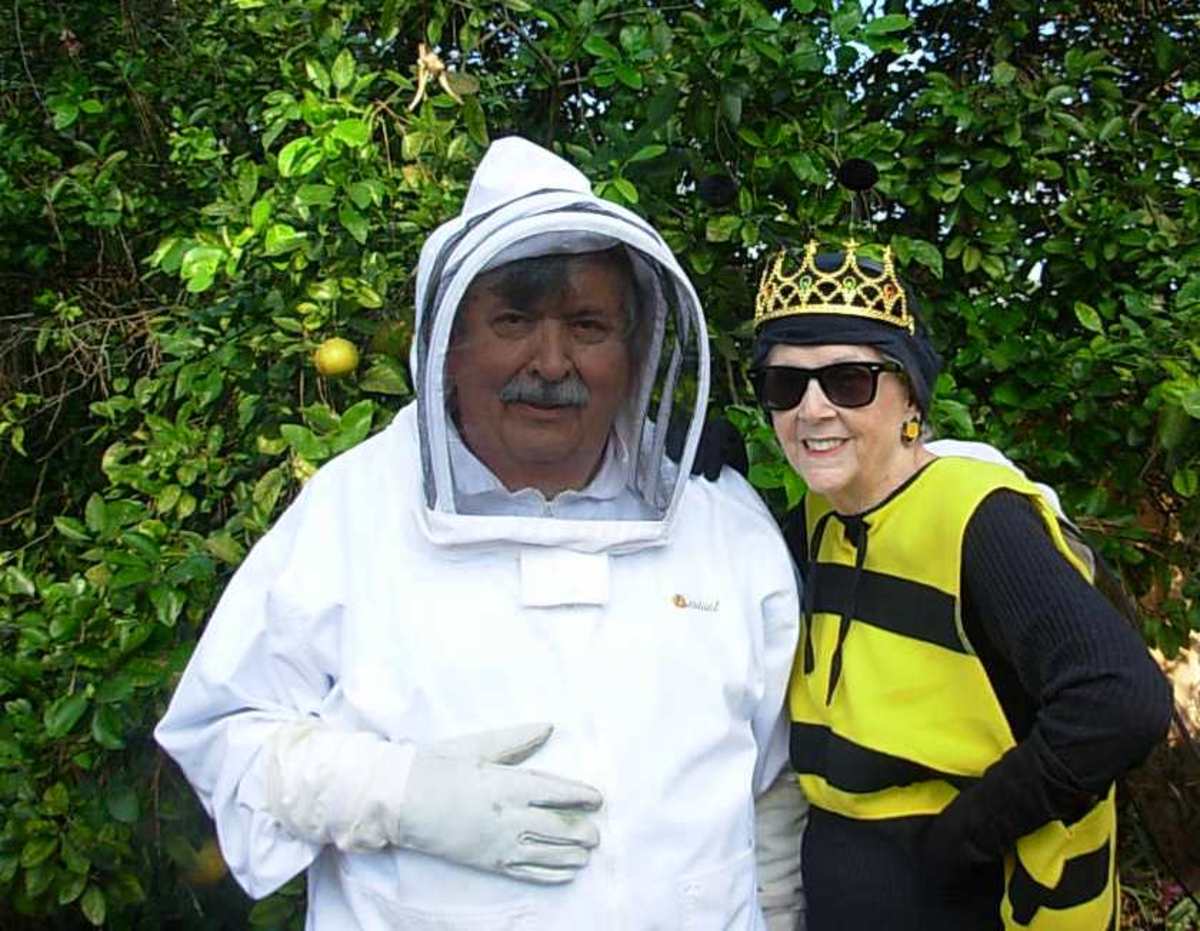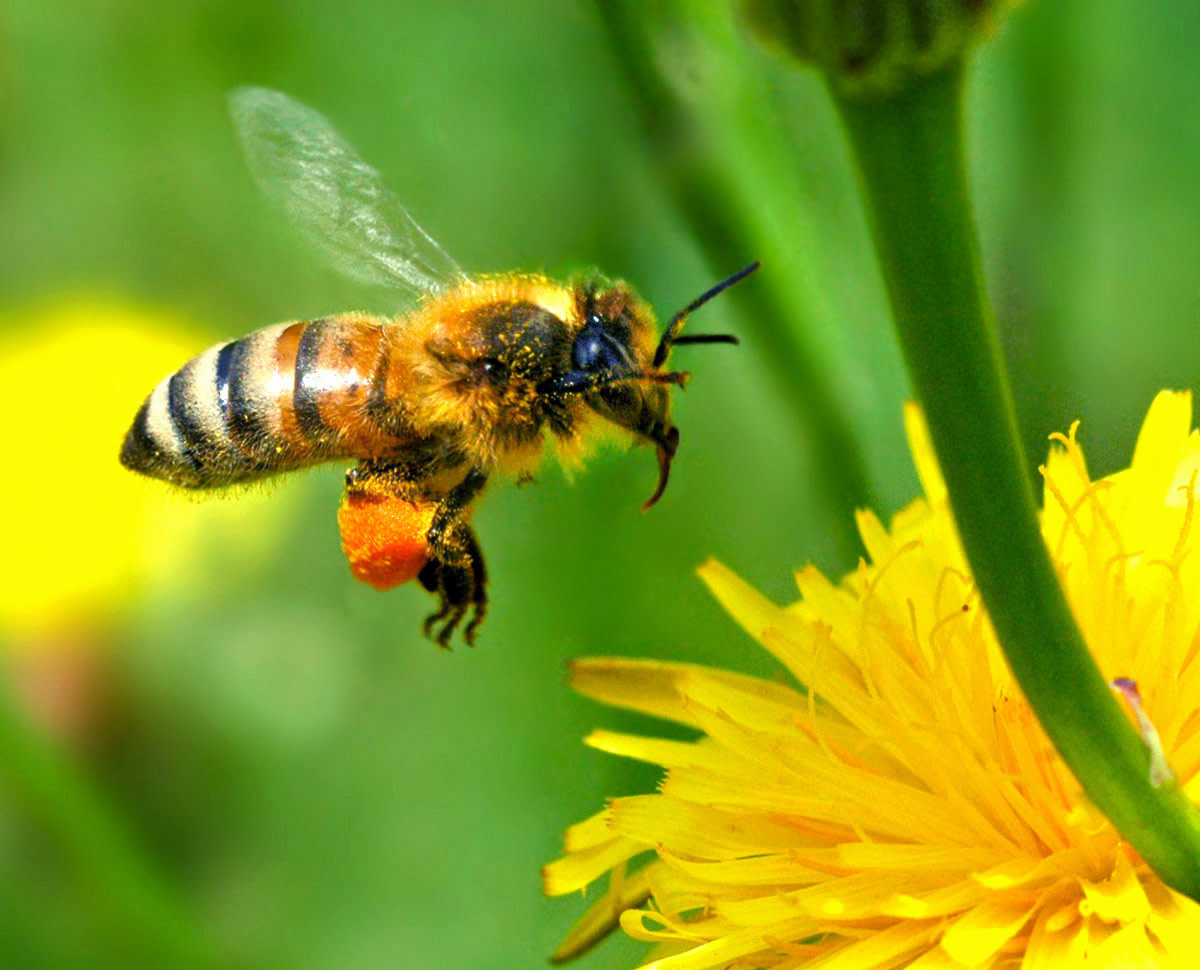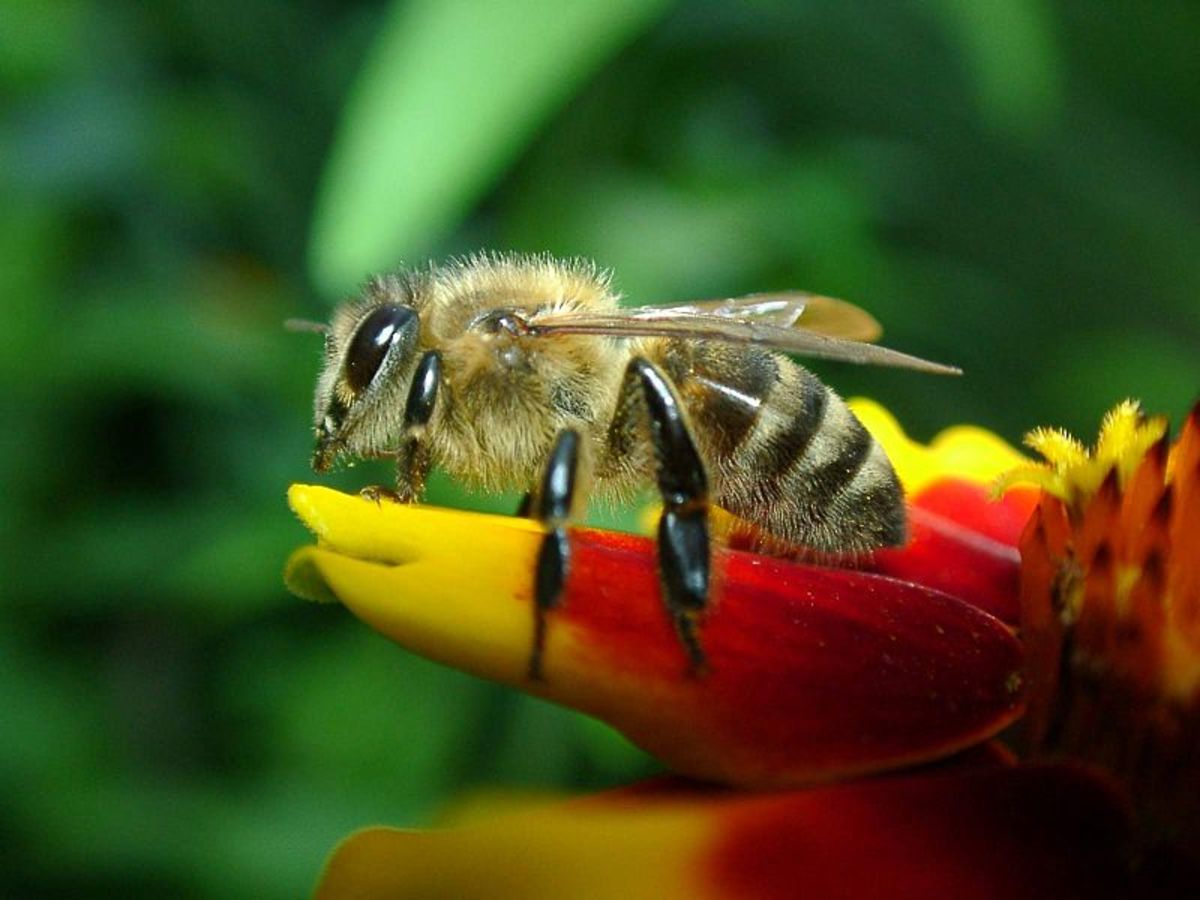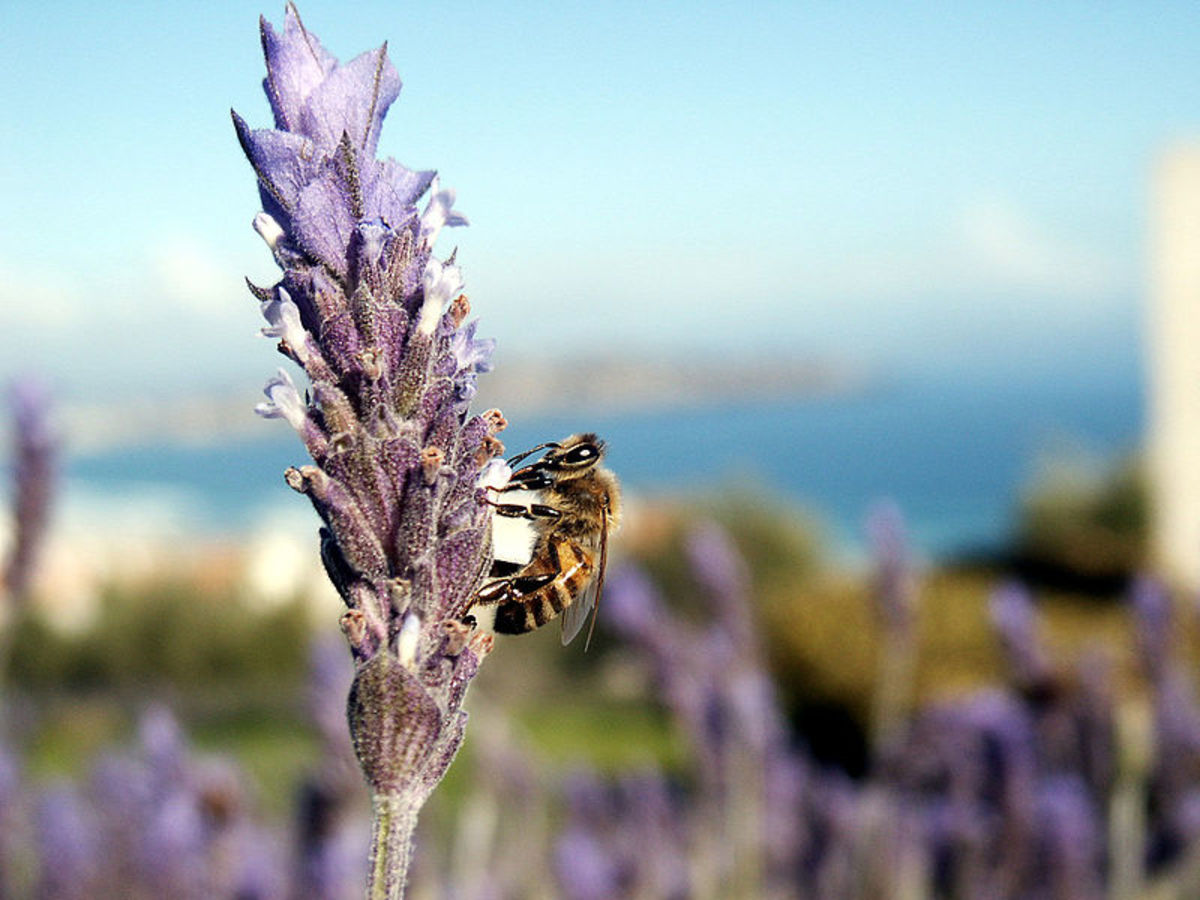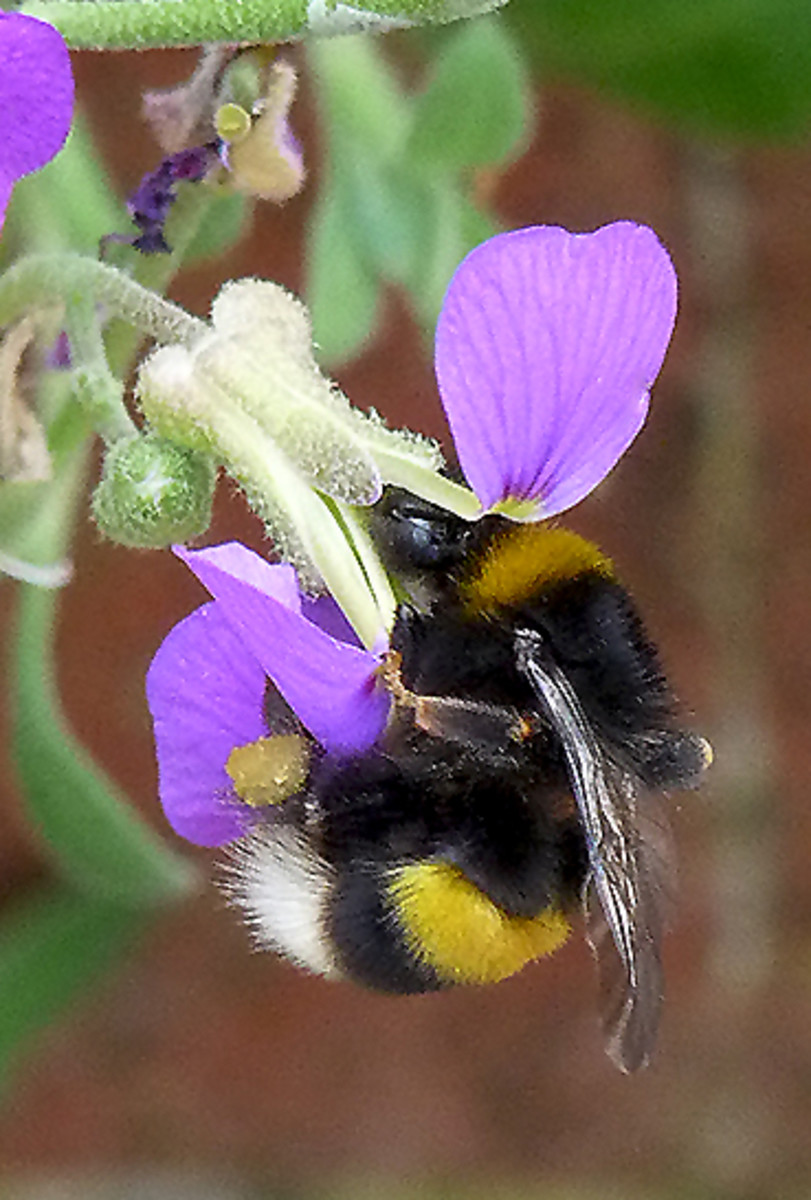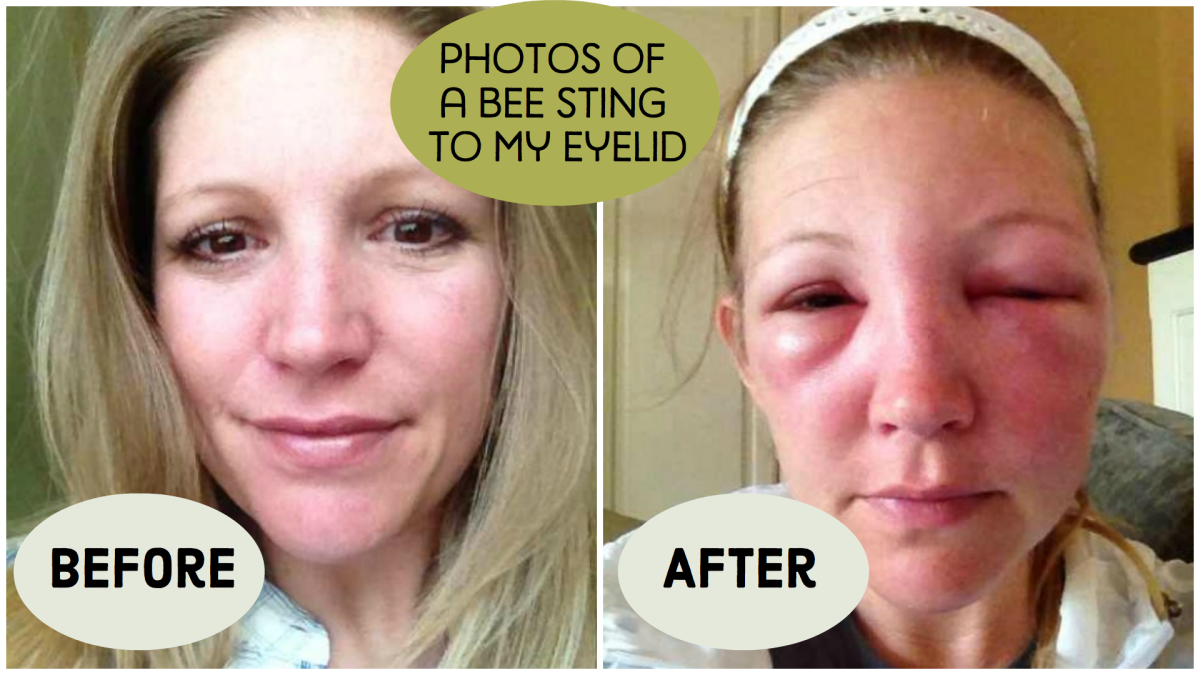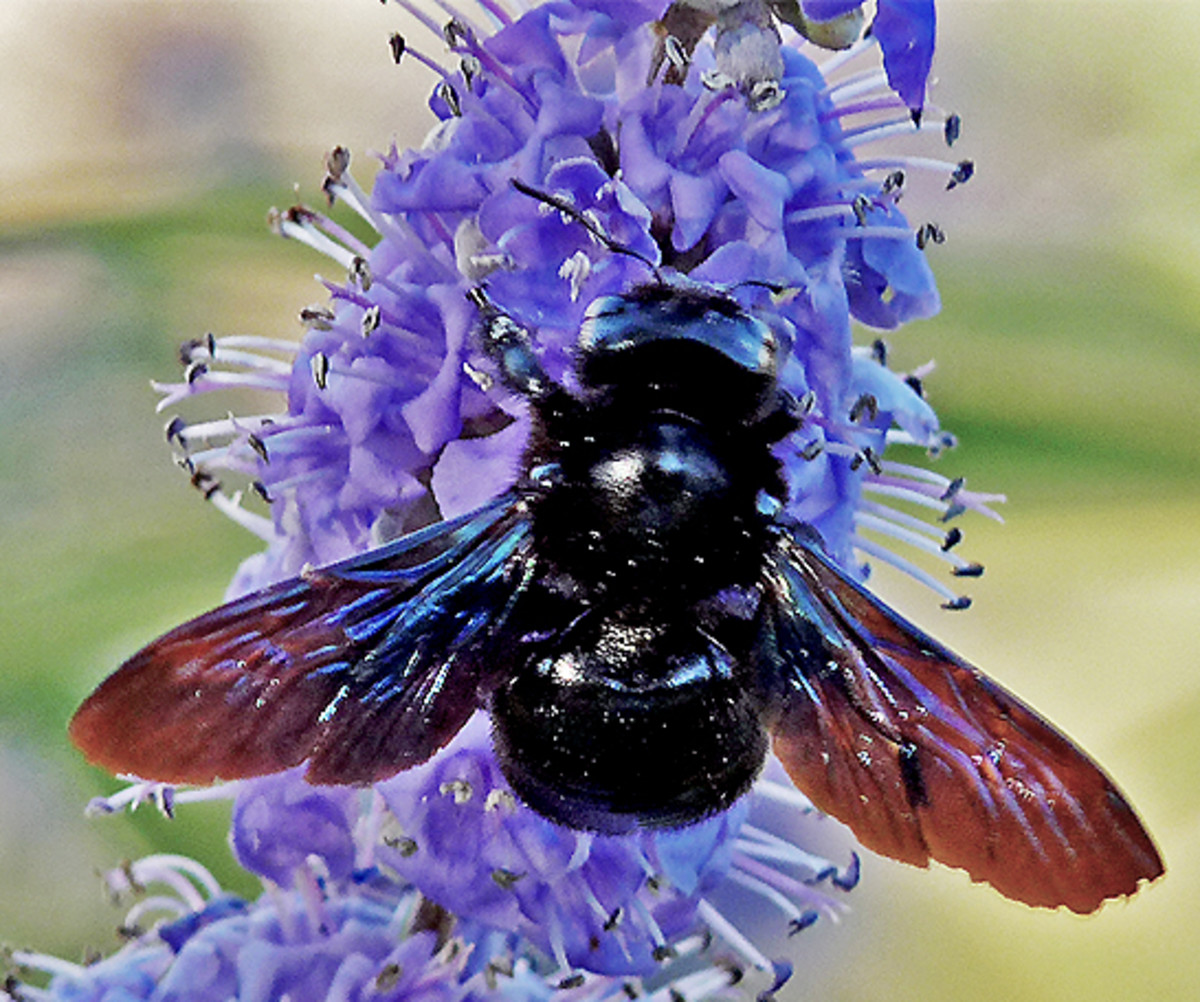Beekeeping: Top 10 Questions Answered
New to Beekeeping
There is a ton of information available to new beekeepers, and it can be confusing. Many beekeeping questions have more than one correct answer, or raise even more questions. This makes the hobby quite fun, but it can lead to frustration.
During my first season with bees I encountered some unexpected problems that could have been avoided. I also had a little trouble figuring out who to take advice from. Sometimes on the internet, people with only a little beekeeping experience give out a lot of advice. The idea of using only natural methods or being treatment free can be misleading for a beginner, as well.
I am not a honey bee expert. I read the books, did internet research, and scoured the forums. I have now been through five seasons of keeping bees, and I run about twenty hives. I learned some hard lessons that I am going to pass on to you. Maybe I can save you some money, some headaches, heartaches, and maybe even a little embarrassment.
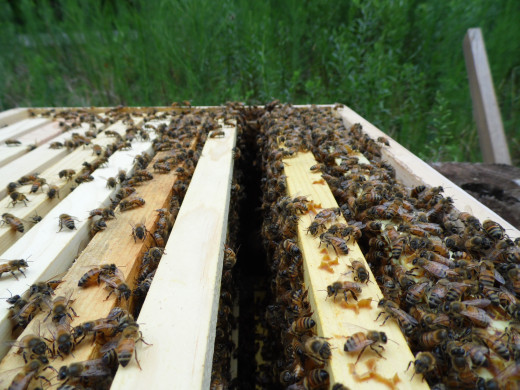
Maybe I can save you some money, some headaches, heartaches, and maybe even a little embarrassment.
First Learn to Crawl
On the beekeeping forums I see some of the same questions over and over. When you are a new beekeeper, it is very easy to get too excited. Don't get me wrong, it is a great hobby with the potential to earn a profit. Just try to keep everything in perspective. Don't plan your new honey farm before you get stung a few times. Keep a few hives healthy for a while before you think about twenty hives.
Since a few of the beekeepers on the forums might get irritated by questions from a "new bee", I have answered the most popular questions for you. These are just no nonsense, honest answers for new beekeepers.
1. What is the maximum number of hives I can have on my property? The average answer I found was about twenty hives. But don't worry about the maximum number when you first start beekeeping. The answer really depends on many variables. Build your apiary up slowly. Once you have enough experience to manage all those hives, you will know the answer. Also, land owners are often happy to offer areas to place hives in exchange for a little honey and free pollination of their property. Most beekeepers that have a lot of hives keep them in "out yards" of private land owners.
2. How many hives can I handle on my own? The average answer I found was that one person, working full time, can handle hundreds of hives. Build up your apiary up slowly at first. It will not take long to figure out how many hives you can handle. There are too many variables for anyone but you to answer that one. Starting with two hives is a great idea, as you can then transfer resources and compare the two.
3. How can I quickly increase my hive numbers? Become comfortable with splitting colonies and making queens. Also, build a swarm trap or two. As with the other questions, experience in beekeeping will help you more than anything. After you master the easy task of making splits, you should at least be able to double your hive numbers once each season.
4. How much honey can one hive produce? The best I can find on an average per hive looks like about sixty pounds each year. Many variables like weather and forage can affect a honey crop from year to year. Of course your location matters as well.
Take this short quiz to test your honey bee knowledge.
view quiz statisticsDon't plan your new honey farm before you get stung a few times. Keep a few hives healthy for a while before you think about twenty hives.
Natural Honey Bee Comb

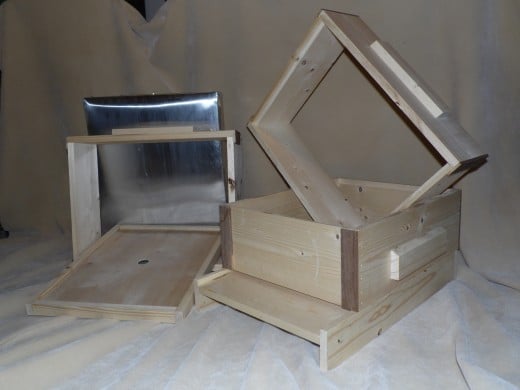
Inside a Honey Bee Hive
Natural and Treatment Free
5. Do I have to treat for mites? Of course you don't have to treat for mites, but odds are that you will lose your bees. Even the most experienced treatment free beekeepers can lose up to fifty percent of their colonies each winter. Even if you don't want to treat for mites, you should learn to test for mite levels. Keep in mind that there are organic mite treatments available. It is a great idea to have a treatment or two on hand in case levels get too high. Most people would probably agree that it is better to do something than to let a colony die. I have seen methods out there, on the big bad internet, where folks let some colonies die from mite overload. I personally do not agree with this management style, but to each his own.
6. What is natural beekeeping? There is no great answer for this, except to say that most agree that natural beekeeping uses fewer chemicals. Some folks say no chemicals is treatment free, some folks say only naturally occurring compounds as treatments. I will say this about treatment free. Honey bees are not native to North America, and are heavily domesticated insects. If I have a cow and put it on a poor pasture and don't feed it hay and grain, is that natural or is that bad management? I think some people focus more on being natural than the fact that honey bees are domesticated, like your cat or dog. You don't have to put synthetic chemicals in your hives, but some type of management system should be used.
7. Is treatment free beekeeping possible? Yes, with the right stock and management program. Keep in mind, however, that even the best treatment free beekeepers have higher losses than those that treat.
8. Should I have a mite treatment ready? Yes! Yes, have at least two treatment options on hand at all times. Certain treatments may not work well depending on the temperature or brood cycle. If you are not prepared to check mite levels and treat for mites when needed, then you should be prepared to replace bees.
9. Does it hurt when the bees sting you? Of course, but over time it hurts less and less. It is not as bad as a wasp or hornet sting, in my opinion. Cooking is another favorite hobby of mine, and sometimes I get burned on a hot pan, but I still cook. Getting stung is similar to this, if you love to keep bees, it doesn't really bother you.
10. Is beekeeping fun? Yes....yes it is.
Does it hurt when the bees sting you? Of course, but over time it hurts less and less.
Honey Bees Working Hard
Find Good Beekeeping Advice
Know who is giving advice when doing your research. Just because you like what you are reading does not mean it is good advice. Most beekeeping forums are great, but beware of asking questions there. Beginner questions are often met with scorn. While the answers to advanced questions can and do often evolve into back and forth arguing between members.
When seeking advice, always try to find a few reliable sources so you can compare answers. For example, you might get an answer from a forum that makes sense to your situation. But before you act on that information, you could check a couple of beekeeping books, and see what they say in comparison. Then you could check a good, solid beekeeping website, like Scientific Beekeeping. If multiple sources have similar answers to the same question, chances are you can assume it's an acceptable solution to your problem.
Beekeeping is a hobby that will take some time to learn, but it is a fun journey. Learn the basics before you worry about building a hundred hives. Keep a hive alive for a few years with the help of treatments before you go treatment free. In time you will realize the answers to all of your questions.
Honey Bees
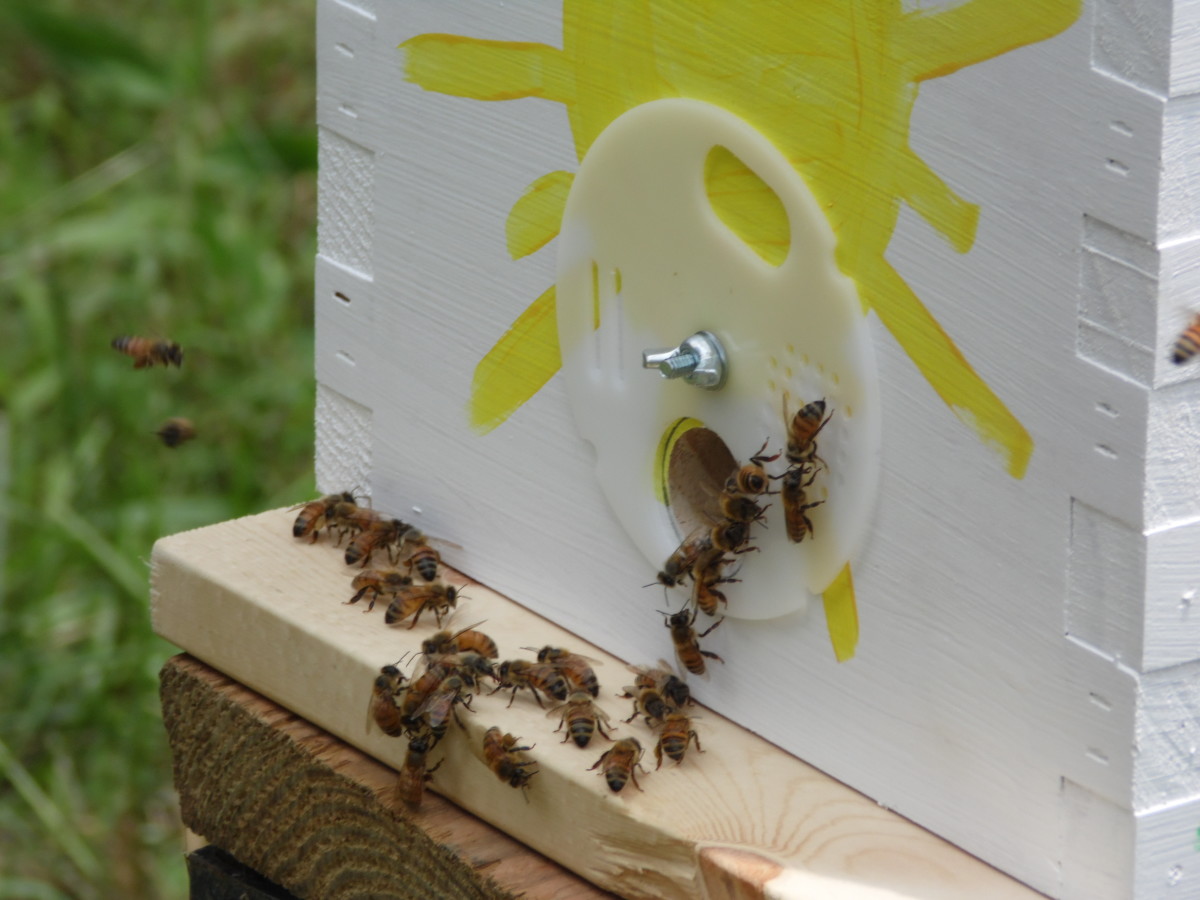
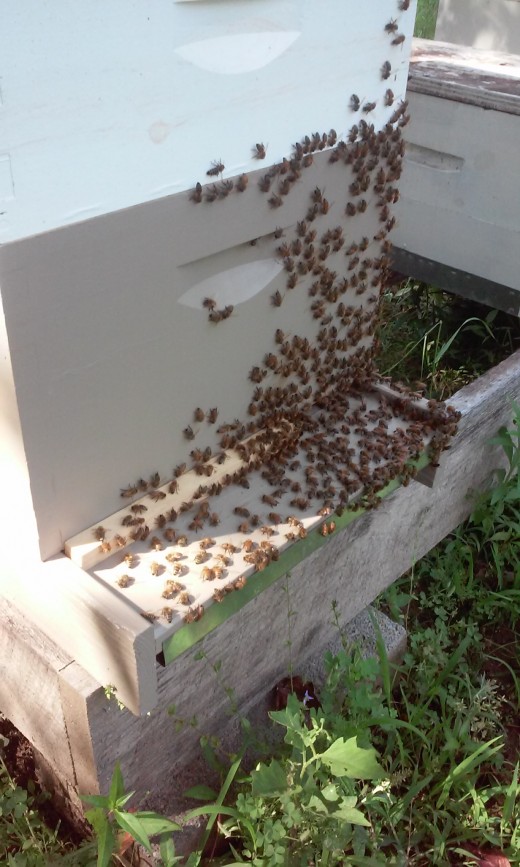
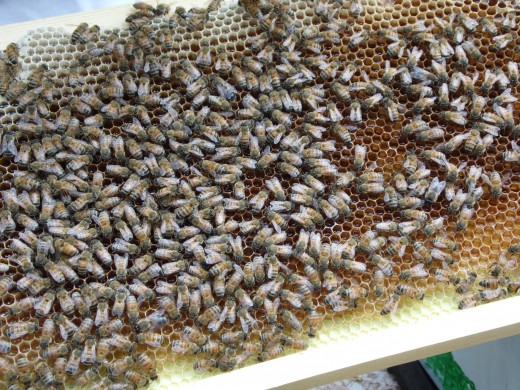
Natural Varroa Mite Treatment Table
Treatment Name
| Treatment For
| Active Ingredient
|
|---|---|---|
Mite Away Quick Strips
| Varroa Mites
| Formic Acid - A naturally occurring acid already present in many foods.
|
Apigaurd
| Varroa Mites
| Thymol - a natural compound extracted from thyme oil.
|
Oxalic Acid
| Varroa Mites
| Oxalic Acid - a naturally occurring acid. This highly effective treatment is not yet legal in the US, but is widely used in Europe.
|
Hop Guard II
| Varroa Mites
| Natural compounds extracted from hops.
|

